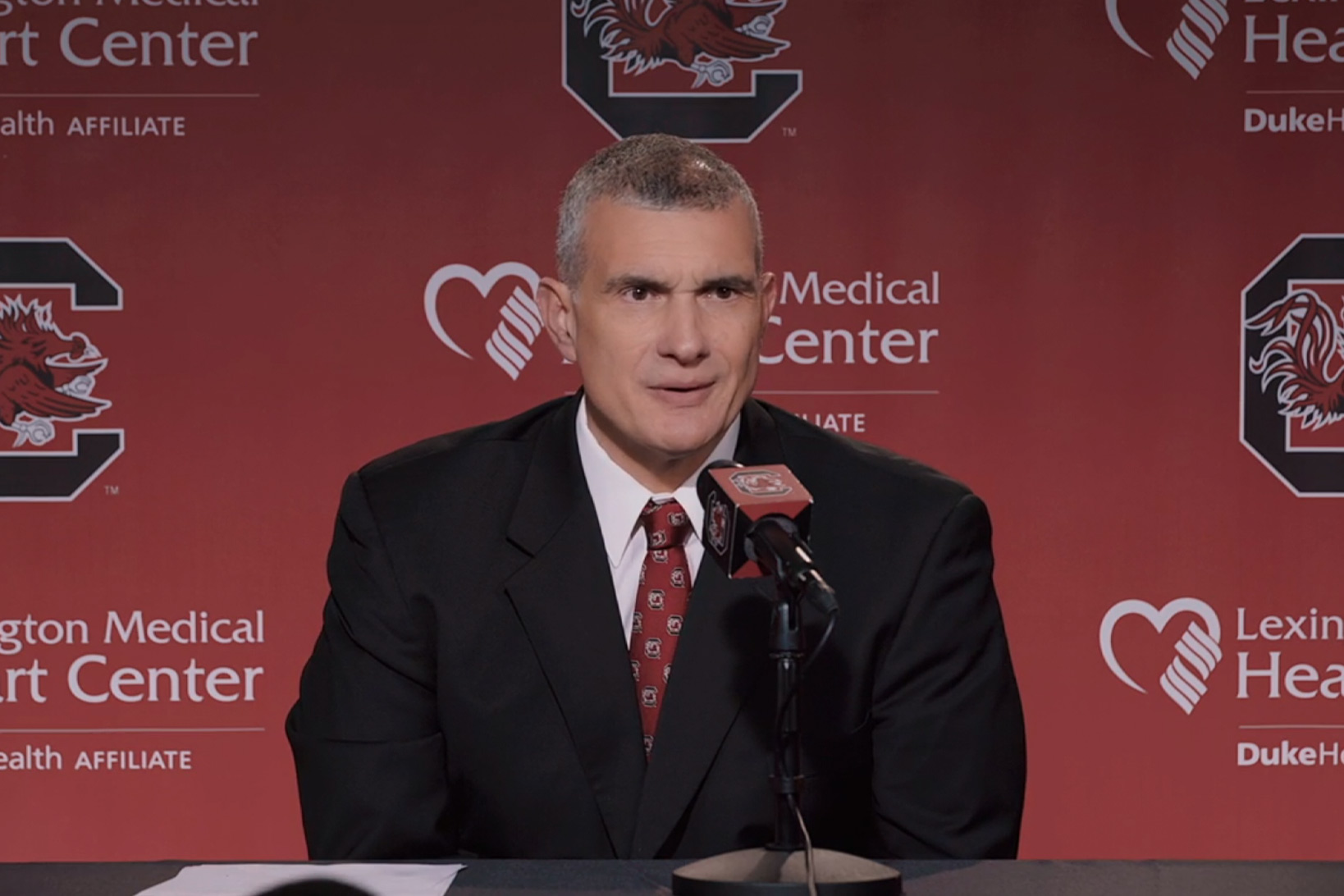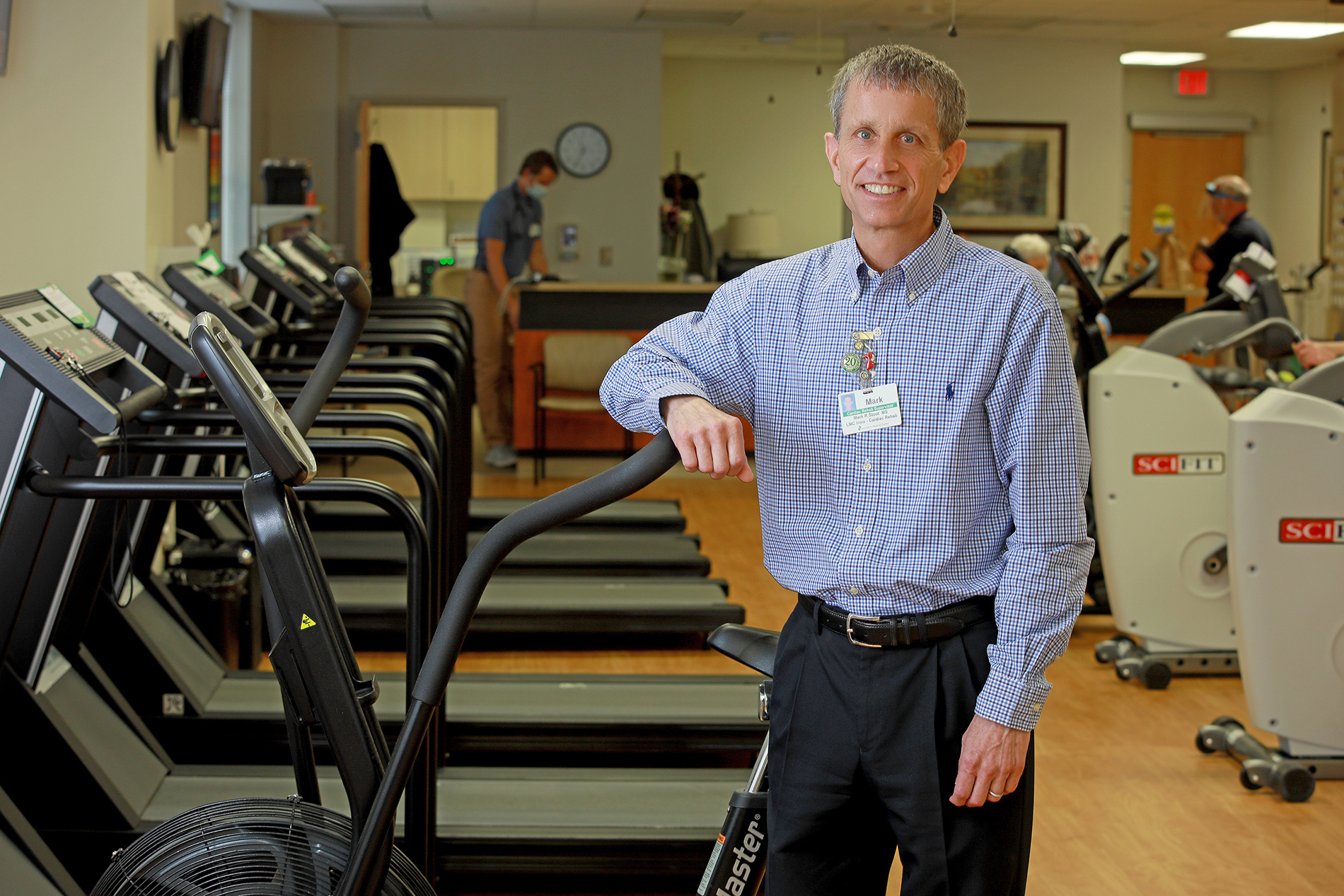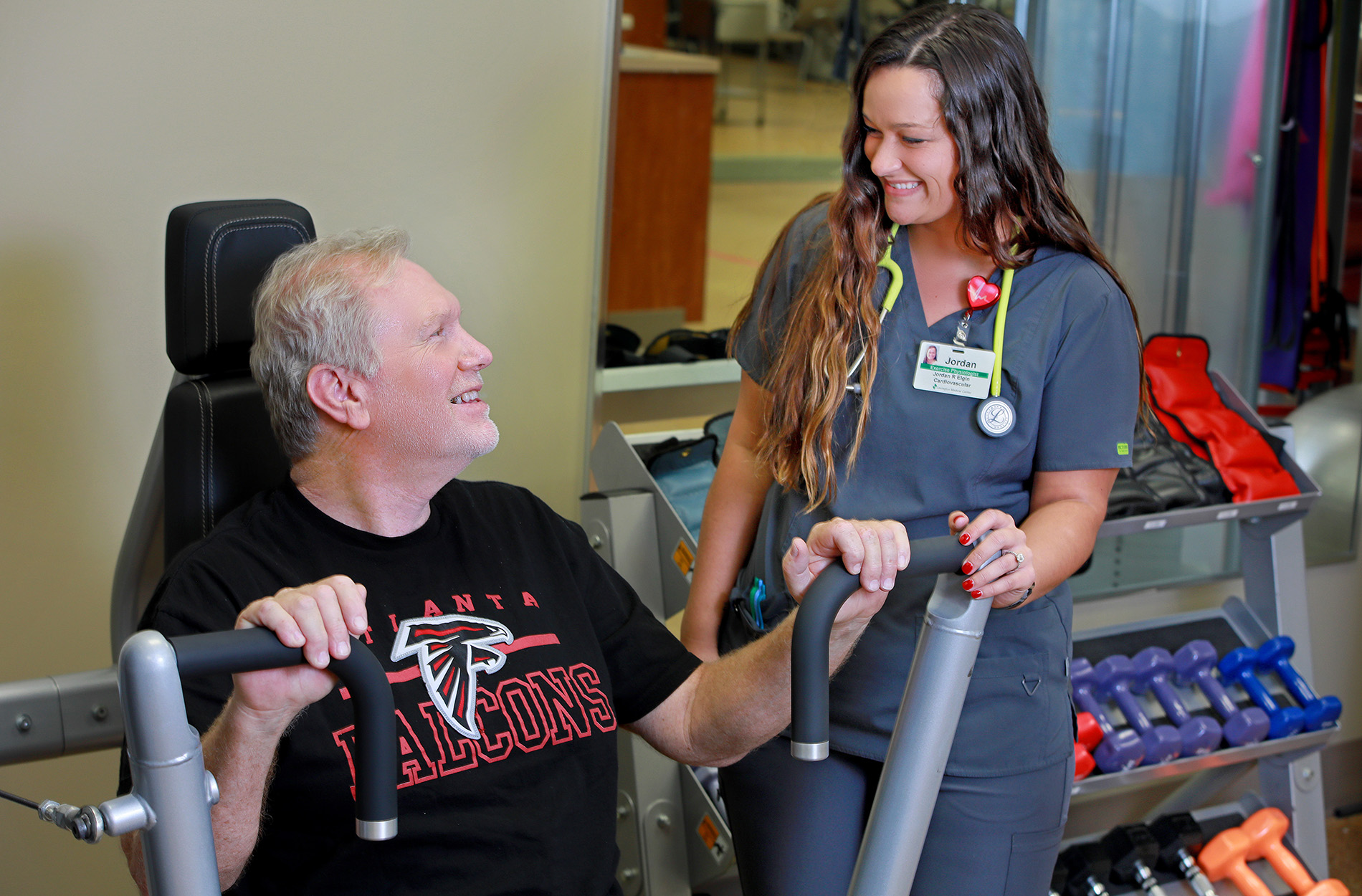by Michael Cundiff, MD, Lexington Medical Heart and Vascular Center
High school sports are back in season, and with that comes increased physical activity and maybe more trips to the doctor’s office. But a more serious issue that is important to know about is hypertrophic cardiomyopathy. It’s a heart condition where the heart muscle is abnormally enlarged, and it could result in shortness of breath, dizziness, fatigue or stroke.
Hypertrophic cardiomyopathy is a heart condition where the heart muscle is abnormally enlarged. This enlargement can cause decreased blood flow through the heart. It is a genetic condition and therefore tends to run in families.
Some patients may experience shortness of breath, chest discomfort, palpitations or lightheadedness. Most patients develop symptoms somewhere between their teenage years and early 40’s. However, not all patients with hypertrophic cardiomyopathy have symptoms so the diagnosis may only be made incidentally when having a cardiac workup for other reasons.
Hypertrophic cardiomyopathy can be suspected with certain EKG findings but is typically diagnosed with an ultrasound of the heart (echocardiogram).
The management and treatment of hypertrophic cardiomyopathy depends on patient symptoms and how enlarged the heart muscle is. Management options include screening ultrasounds of the heart every few years, medications to relax the heart muscle, or open-heart surgery.
Some patients never experience symptoms and are incidentally diagnosed later in life. Others may experience progressive symptoms if untreated that significantly impact their quality of life.
The most unfortunate situation is sudden cardiac death that can occur if untreated or if never diagnosed.
Asymptomatic patients or athletes are not typically screened for hypertrophic cardiomyopathy. However, if a medical provider hears a murmur or an athlete has concerning symptoms then they should receive further workup. Hypertrophic cardiomyopathy is typically very easy to detect with a non-invasive ultrasound of the heart.
And, if you or a family member is diagnosed with hypertrophic cardiomyopathy then immediate family members should receive an ultrasound of the heart and possibly genetic testing to assess whether they may have it as well.
Talk to your doctor if you have concerns about hypertrophic cardiomyopathy.

Michael Cundiff, MD, Lexington Medical Heart and Vascular Center










Leave a comment